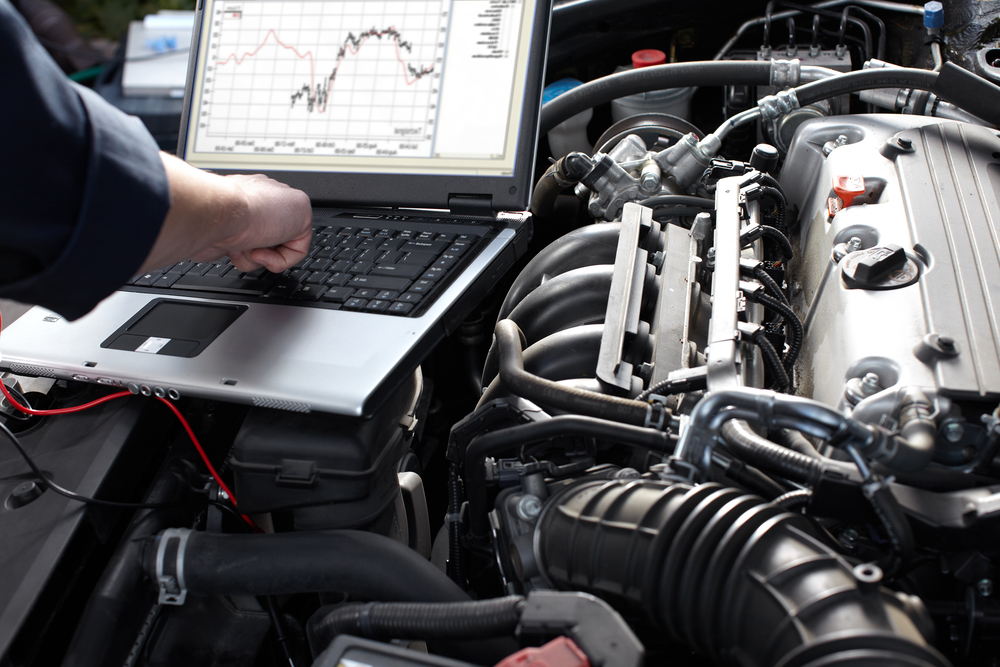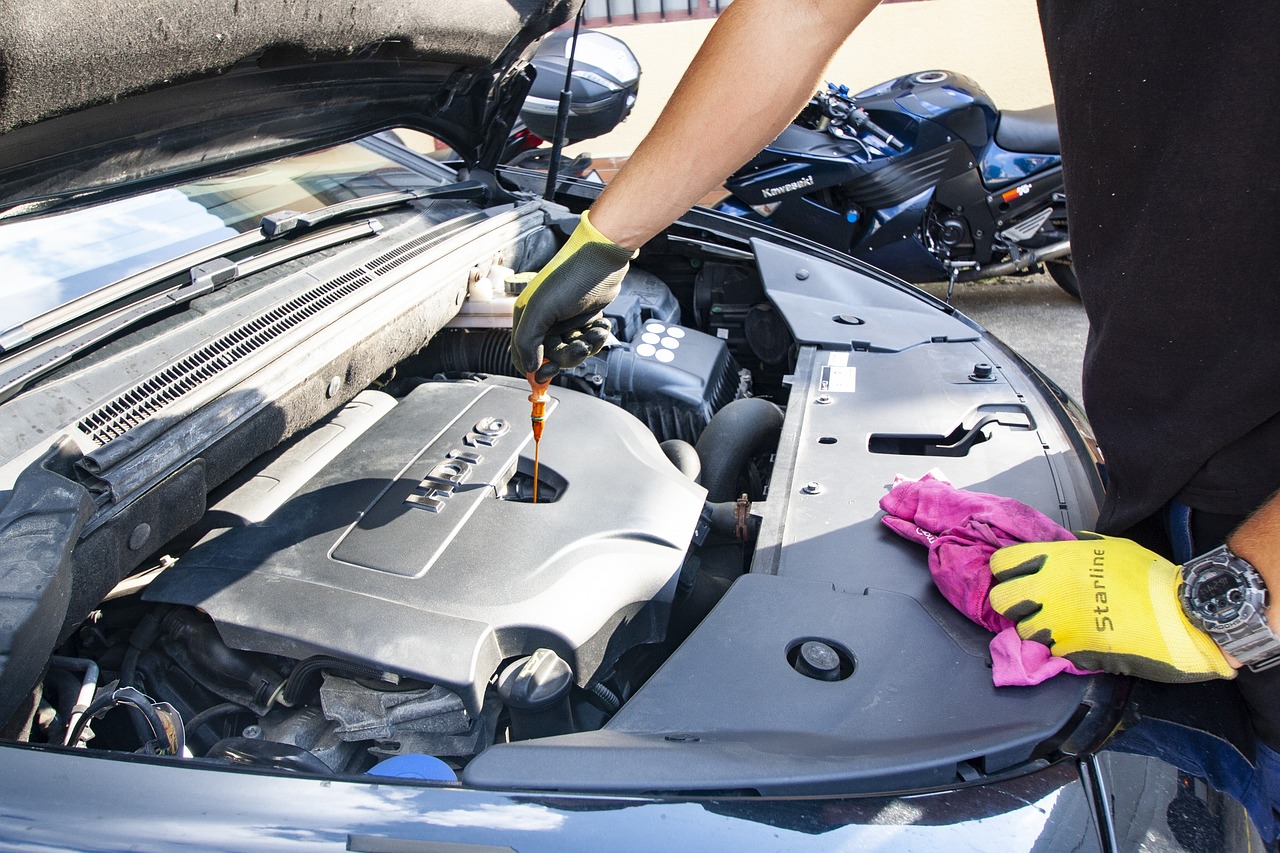Welcome back to Part 2 of our series on staying ahead of common car problems! In Part 1, we discussed five of the most common car issues and provided tips on how to fix them. Now, let’s dive into the next five problems and explore preventive measures to keep your car running smoothly.
Most Common Car Problems
-
Faulty Alternator
The alternator plays a vital role in keeping your car’s electrical system powered while also recharging the battery. Signs of a faulty alternator include dimming headlights, warning lights on the dashboard, and difficulty starting the car. If you suspect a problem with the alternator, you can perform a simple DIY test using a multimeter to check the voltage output. However, replacing the alternator is a complex task best left to a professional mechanic.
-
Leaky Radiator
A leaky radiator can lead to engine overheating and potential damage. Signs of a radiator leak include low coolant levels, visible puddles under the car, and engine overheating. Identifying and fixing the source of the leak promptly is essential to prevent more severe issues. In some cases, a simple DIY fix might involve using a radiator sealant. However, if the leak persists, it’s crucial to consult a professional mechanic to avoid further damage.
-
Bad Transmission
Transmission problems can cause various issues, such as difficulty shifting gears, slipping gears, or strange noises while driving. Regularly checking the transmission fluid level and quality is crucial to identifying potential problems early on. For some minor issues, like a transmission fluid change or a filter replacement, you might be able to handle it yourself. However, major transmission repairs require expertise, so it’s best to consult a professional mechanic.
-
Malfunctioning Air Conditioner
A malfunctioning air conditioner can be uncomfortable, especially during hot summer months. Signs of an AC problem include weak airflow, unusual noises, or a lack of cool air. Simple DIY solutions might involve checking and replacing the cabin air filter or topping up refrigerant. However, diagnosing and fixing more complex AC issues should be left to a qualified technician.
-
Dirty Oil or Oil Leaks
Dirty oil or oil leaks can lead to engine damage and reduced performance. Regularly checking the oil level and quality is vital to maintaining your engine’s health. You can perform a DIY oil change if you’re comfortable with the process, but if you notice any significant oil leaks or contamination, it’s crucial to seek professional assistance.
Preventive Measures for Common Car Problems
To avoid unexpected car troubles, adopting preventive measures is essential. Regular servicing and inspections by a qualified mechanic can help identify potential issues early on and prevent them from turning into major problems. Paying attention to warning signs, such as unusual noises, warning lights, or changes in car performance, can prompt timely action.
Using high-quality spare parts and consumables is also crucial for the longevity of your car. Investing in genuine parts and reputable brands might cost a bit more initially, but it can save you money in the long run by reducing the risk of premature wear and tear.
Regular maintenance and prompt repairs not only save you from unexpected breakdowns but also contribute to the safety of your vehicle. A well-maintained car is less likely to encounter accidents due to mechanical failures.
Conclusion
By understanding, diagnosing, and addressing common car problems, you can stay ahead of car trouble and ensure a smooth and safe driving experience. From faulty alternators to oil leaks, being proactive in maintaining your vehicle can save you time, money, and stress. Remember to seek professional help when necessary and never neglect regular car maintenance. Taking care of your car today will ensure it serves you well for years to come!





